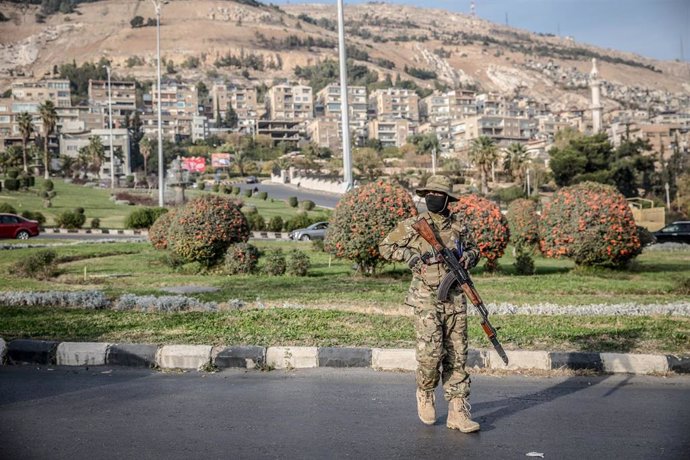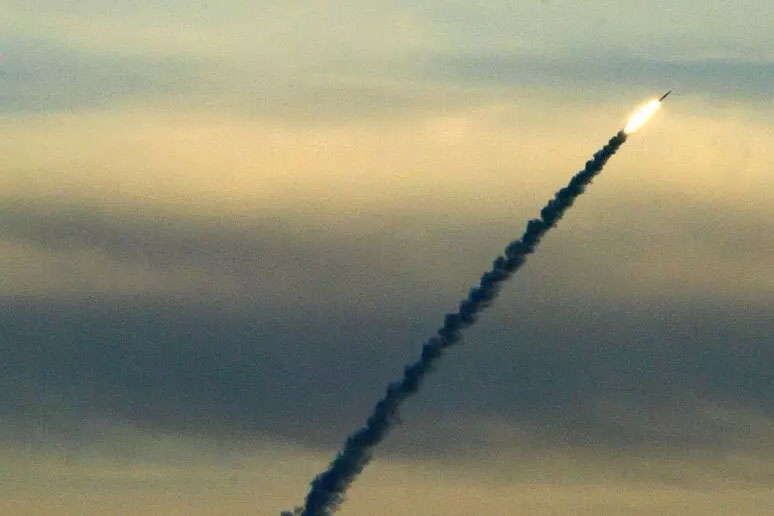"The main view has become very simple in Russia: we are good and they are bad"
- We are undoubtedly experiencing interesting times in Russia. The war in Ukraine, which has become the central theme of recent months, leaves little room for the other aspects of life. In Moscow we interviewed Pavel for ARGIA. The name is false, at his request, even from the interviewer, since in Russia the person who speaks publicly against the war can be sentenced to several years in prison. Pavel is a young man of 25 years old. It's from Moscow, and for the moment, it's still there. He studied Linguistics at the University in Spanish and English. He has been working in capital for three years for a foreign organization.
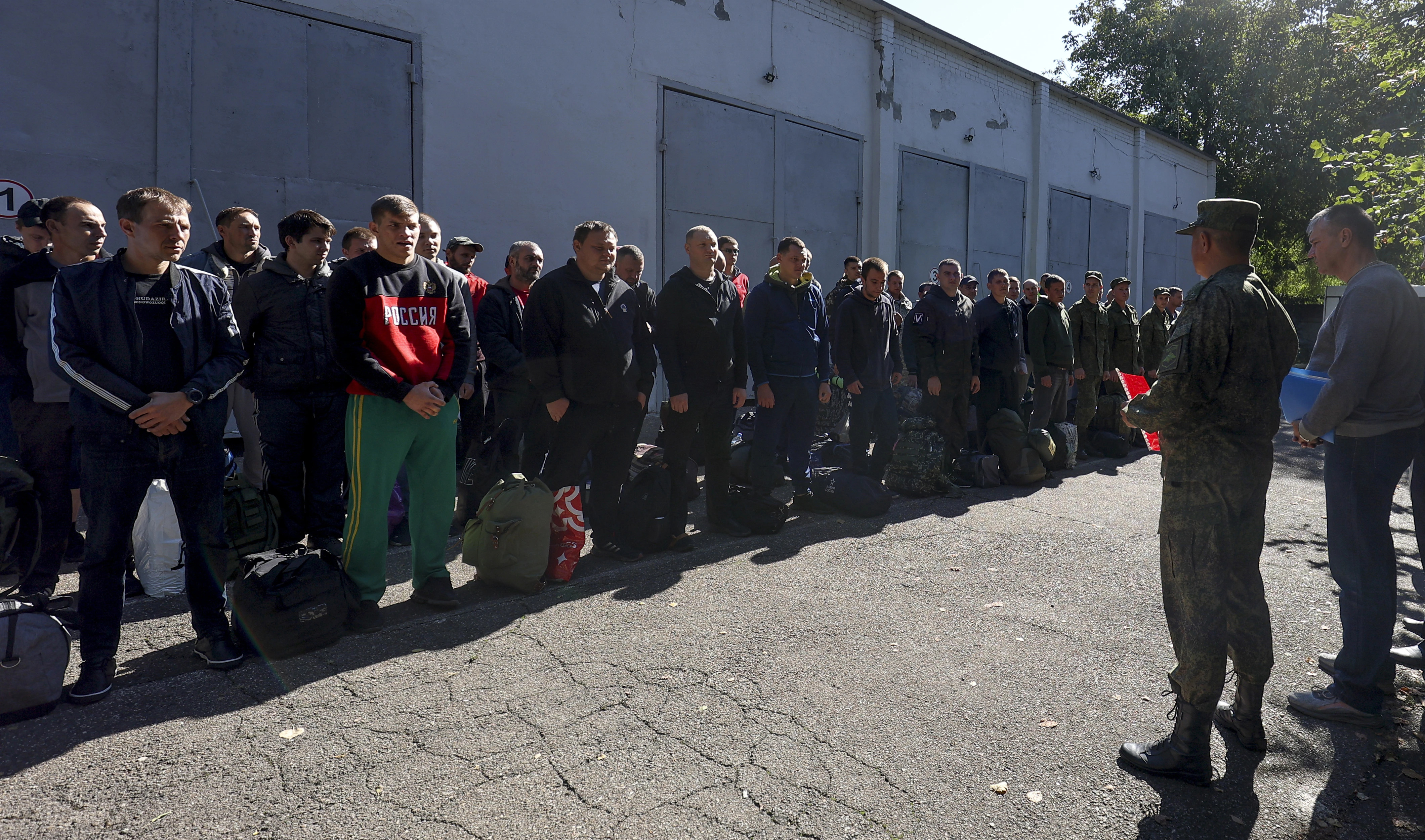
For a start, what relationship does it have with Ukraine?
Ukraine is my second country, especially eastern Ukraine. All my grandparents have lived there in the city of Mariupol, and my father and aunt, my mother's sister. That's why, until 2014, I was going to Mariupol in the summer. In 2006, I was there for a year, now studying in an almost destroyed neighborhood school. Three of my four grandparents, fortunately or unfortunately, have not seen the horror that has happened in the city and in the country, which died a few years ago. Only the mother of her mother, the only survivor, has continued to live in the city, and also her aunt and her father. There they were also when the wildest battles of the city took place.
How has your life changed since 24 February this year? How do you feel now that you live in Moscow?
Unfortunately, I will never be able to forget 24 February. Since then, my life has changed several times, always to worse, continuously. That day I woke up the whatsapp of a friend, who knew that part of my family was Mariupol. He said: "Hi! Have you seen the news? ". I didn't answer because I didn't know which answer. At the time I couldn't understand anything, I was totally lost. Before day 24, there were rumors everywhere, that the war would start soon, but for me, and for all my friends and family, it was just a face news. They didn't deserve attention, but in the end, apparently, they did.
That day, my mother and I called Mariupol's family to leave. "At the moment it is not possible, the city is blocked, but it will surely not last long," his aunt said. Two days later, the relationship was completely lost. We were almost two months terrified by mother, sister and three. We followed all the media, both the Ukrainian nationalists and the supporters of the Russian Government, in order to find any information about our relatives. Hoping to find familiar faces, we went day and night seeing the photos of the destroyed city, watching the videos of soldiers evacuating people, updating each hour reading lists of evacuees and deaths. In late April, her aunt finally called her mother. They saw them red, but they managed to escape and reach Moscow. It was the only option they had.

How do you experience the situation?
For my part, I have never understood the need to use any type of attack. I have always believed in the strength of dialogue, diplomacy and negotiations. I am against war and have never been able to protect the death of the innocent, especially when it affects my childhood city, my family and my friends.
Before I did not bother to live in Russia. It was a normal country for me, with its advantages and drawbacks, with things I liked and didn't accept. It seemed that there was a certain balance between good and evil. I had the opportunity to travel to Europe, to see foreign friends, who could also come and visit him. But now I feel betrayed and very hurt, I feel abandoned. My country does not accept my opinion, I risk being fined or imprisoned for expressing my opinion aloud. The world hates me because of my nationality. Some acquaintances from Ukraine wish me death for the same reason. The only salvation I have is my friends and there are few left, because most have left the country. My city is now much colder, much more closed, more bizarre.
"Partial mobilisation has also been a major blow to citizens. There are many people who have left here, because some have escaped the country, others
have been mobilized"
How do you experience the call for partial mobilisation promised by Putin on 21 September? Has it affected you personally? How has Russia changed?
Partial mobilisation has also been a major blow to citizens by the government. It seems that the West's punishments are not enough, and our government must also do us harm. A lot of people have gone from here, because some have fled the country, others have been mobilized. I notice this especially on the subway, now there's more room, because there are fewer passengers.
Fortunately, I live better than others. The first period of mobilization, the current one, does not touch me, because I have not done military service and I have no military experience, because I have been a student all my life. But at any time it can correspond to me and I will not be surprised. In this situation, almost nothing surprises me, I have let him be waiting for something good.
With regard to the Russian people, I now hear fewer nationalist demands. Now, I don't see anyone in the street wearing Z-printed shirts or hats. I do not know why that is, perhaps because all nationalists have gone to war (I do not believe), or because they have suddenly changed their minds and are now silent.
How do you see Putin's government today? How do the media influence this approach?
I do not have the right to be a spokesperson for my generation, because everyone is in a very different situation. My friends and I live in the capital, and this city is more "European" and more liberal than others in Russia. We have all received higher education and we have some economic stability in our families. We have never given special support to the Russian President, although we can recognise that he has done some good things. Yes, some do. But now I see no ray of light in your government, there's nothing good. I will not support it or support it. In general, people around me also think this way.
As for the influence of the media, this is a violent propaganda that does not support other visions. The current dominant vision has become a very simple vision, white or black, without nuances: we are good and they are evil; we protect and save it, we kill it and destroy it; those who continue in Russia are heroes and patriots, those who flee are traitors and cowards, etc. The worst thing is that there are people who believe it, and unfortunately it is not a few thousand, but millions.

What do you think of the accession of Donetsk, Luhansk, Kherson and Zhaporizhia to Russia? What did you think of the festival of annexation of these territories in the Red Square?
Of these four territories I have only been in the People's Republic of Donetsk, and it is true that its people always speak Russian and feel Russians by blood, not by passport. I therefore believe that if its inhabitants want to change the destiny of their territory, provided that it is done peacefully, through dialogue and negotiation. It seems too unreal and too optimistic, I know. However, I would say that the newly organised referendums have nothing to do with the desire of their inhabitants, but with the desire of a single person. Furthermore, if a country joins new regions, would it not be logical to ask its inhabitants too?
The objectives can be very different. I am neither a politician nor a diplomat to be able to comment on the weight. Some say it has been done to "protect Russia's sovereignty", others to "protect the oppressed Russian population" and others to "restore Russia's historical boundaries". There are different views. I think there are absurd views.
The same thing happened in 2014, after Krimea "went home." On the day the four regions joined Russia, almost half of central Moscow closed their celebrations. I remember that when I was coming back from work on the subway, I surely saw among the people a woman who was going to those initiatives, because she had a Russian flag in her hands (in general the Russians did not carry the flag in her hand). I remember her gaze, the gaze of the tired woman, who seemed not to want to go to that place, who was daring. Everyone knows that 90% of the participants in these events are public officials and are obliged to go to them, at least if they want to maintain their work. Meanwhile, they scream from the stage that "society is more united than ever".
How do you value Zelenski's relationship with the West? Do you consider Putin’s statements on Zelenski’s close relationship with the ultra-fast groups in Ukraine credible?
I think Mr Zelenski is desperate. Yes, your country is at war and everything must be done to protect the citizens, but I do not believe that they receive all that equipment and all that money they receive for free. At some point, Ukraine will have to pay and who knows how. However, it seems logical to me that it should decide to have a close relationship with the West, although that does not help disarmament, of course.
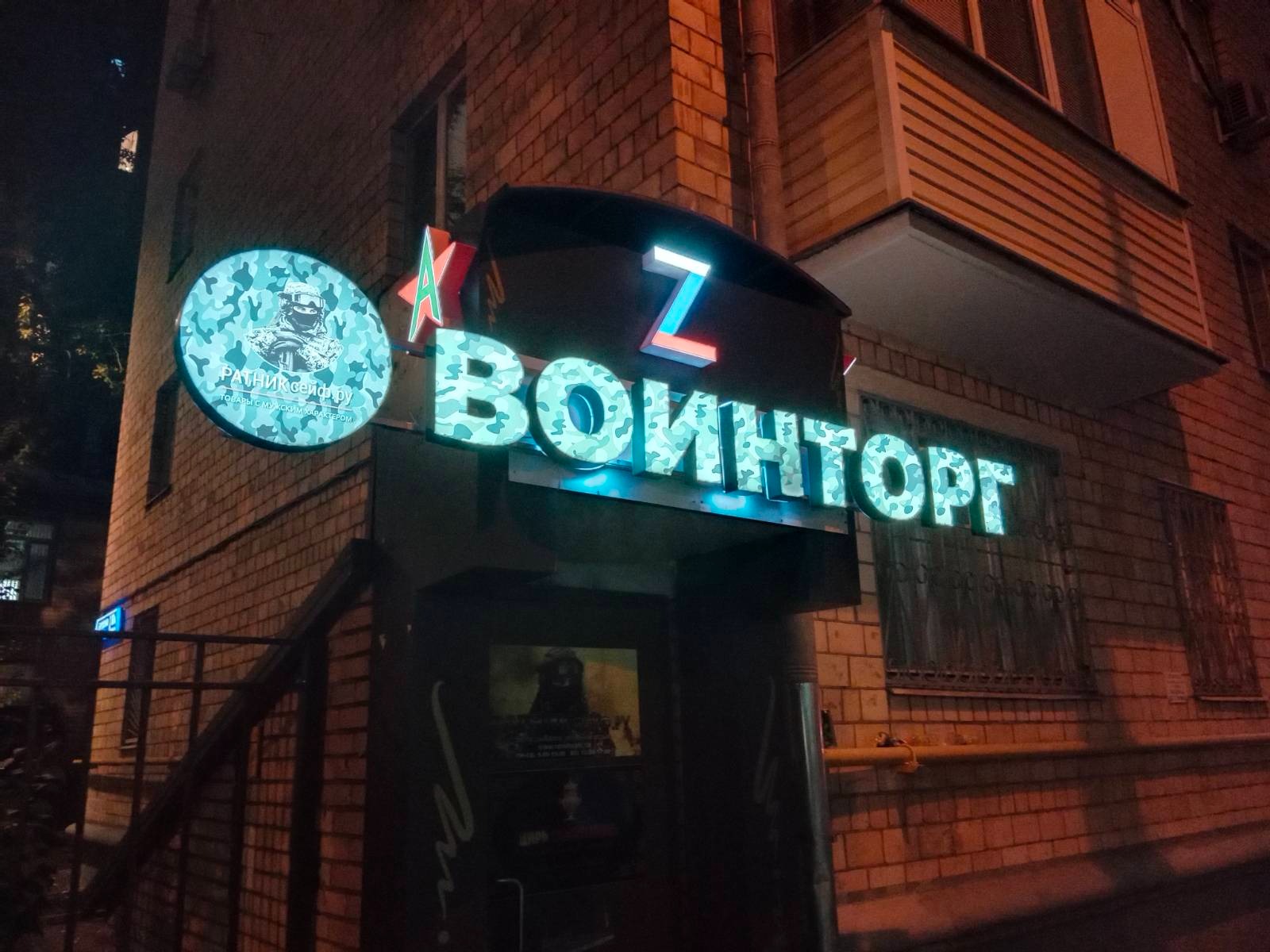
I understand that what Putin says about the ultra-fast right is credible, yes, I know it is true. I've talked to people there, people from Donbas, my family lived there, and I know those groups are very aggressive. They indiscriminately murder civilians and military, steal food from people saying, "We support you, we expropriate everything we need." The people of Donbas call it “Separy,” which comes from the separatist word, since 2014, and they don’t treat him with much respect. But before February 24, they weren't that many. Of course, the beginning of the "special military operation" has prompted these groups to become a benchmark for many people in Ukraine and to attract people, not by ideology, but by the possibility of fighting. The people of Donbas say that their members are very armed, that their equipment is very modern and that neither Russia nor Ukraine produce anything like that.
"There are people who still think that the
two peoples are brothers and that one day we will manage to become friends again"
How do you think Russians see Ukrainians today? Is there a single opinion?
We Russians have never seen the Ukrainians wrong. They made jokes, of course, but very sociable, without haters or blacksmiths. Almost one in three Russians has friends or relatives in Ukraine or of Ukrainian origin. Today, however, strong propaganda is changing reality. For those who believe the most in propaganda, Ukrainians are enemies of the Russians, causing insults, less friendly jokes, hatred and intolerance. It is no bad thing that not everyone thinks that, and that there are still people who think that the two peoples are brothers and that one day we will manage to become friends again.
I also think, because I have Russian and Ukrainian blood in my veins. And my friends also think, because they know that there is no bad nationality, that nationality does not define the identity of the human being.
How do you think this conflict will end?
I don't know. I don't know if I want to know. I simply want the people to stop dying, the soldiers to come home from good, and the politicians to open their eyes and see that you can't go on like that. According to what I read and hear, peace does not seem to return to that area soon. But I still have hope, that we have not reached the point without a return. Let us hope.

Road 20 January. U.S. President Donald Trump will be investigated on January 20. Democratic economic elites have repeatedly tried to put an end to Trump’s life. Will they achieve the target by 20 January? Furthermore, they intend to bring the war to a new, tougher phase. To do... [+]
Since the disappearance of the Soviet Union, rusophobia has been growing. The concept of security of the UN Security Council of 2002 is very clear and indicates that the security and stability of the planet must depend on the states that do not intend to challenge the United... [+]
The origin of the term lies at the beginning of the nineteenth century. At that time, the imperialist pretensions of the British Liberals clashed with the Russians, which spread in Asia and hindered the desire for colonization of England. To protect its interests, England used... [+]
Kursk is a historic region of Russia. He lived in peace until 6 August, when the Ukrainian army entered the city. About 15,000 men entered. Hundreds of tanks, armoured vehicles, artillery pieces, air defense radars… the most modern weapons that exist today, brought from all... [+]









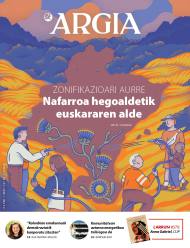


.jpg)
